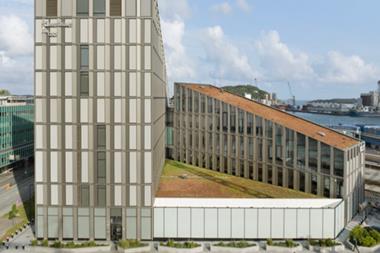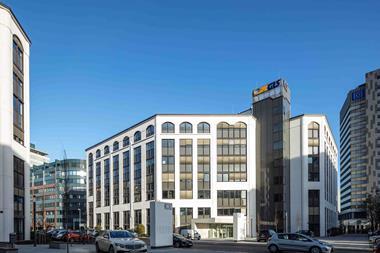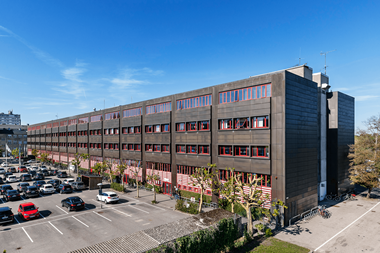UK real estate is set for double-digit returns this year, according to both Aviva Investors and BNP Paribas Real Estate.
The two firms both predict double-digit for UK property performance in 2014.
BNP Paribas forecasts returns of 12.6% across all sectors this year, following returns of 10.9% last year (IPD).
The property advisory arm of the French bank foresees double-digit returns as far as 2015.
Aviva, meanwhile, predicts that annual returns over the next five years could potentially reach 6.5%.
The industrial sector is predicted to be the best performing sector on average, while the office sector will continue to be the main driver of rental performance, BNP Paribas said.
The London market is tipped to return nearly 17%, with City offices leading the way.
Offices in the south east of England are expected to slightly outperform the West End, returning 14.3%.
Distribution warehouses could return nearly 15%.
Aviva, meanwhile, said it had observed a turnaround in the UK market, where institutions are now net-buyers of real estate and retail investors are increasing their real estate exposure.
Chris Urwin, global research manager at Aviva Investors, said: “We have upgraded our near-term forecasts as a consequence of stronger-than-expected market momentum – and in expectation of further economic improvements, investor confidence and lending conditions.
“The majority of UK sectors remain attractively priced relative to other income-producing asset classes.
“Higher-yielding sectors could outperform throughout our five-year forecast period.”
A new phase of the real state cycle has been entered, with non-prime property finally beginning to outperform prime, according to JP Morgan Asset Management’s head of real estate strategy.
European capital values are, Valente said, set to increase this year by 10% in the non-prime sector and by between 7% and 10% in 2015, compared with 5% for prime.
Domestic institutions are back in the market as net buyers of real estate, Valente said.
“This will have a profound effect in terms of stabilising real estate values in secondary/regional markets,” he said.
London remains the number one global market in terms of activity, Valente added.

















